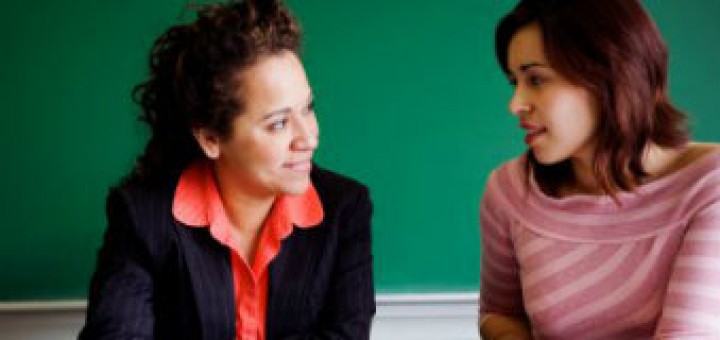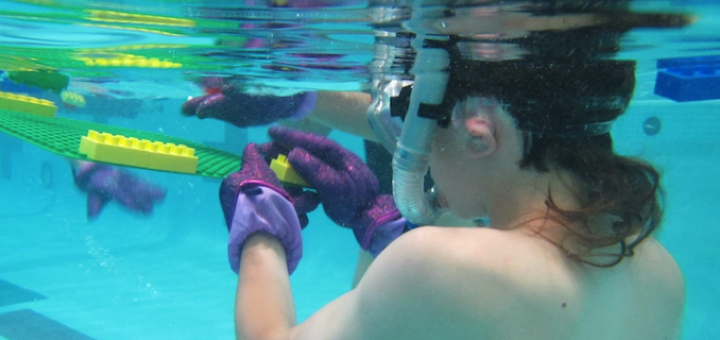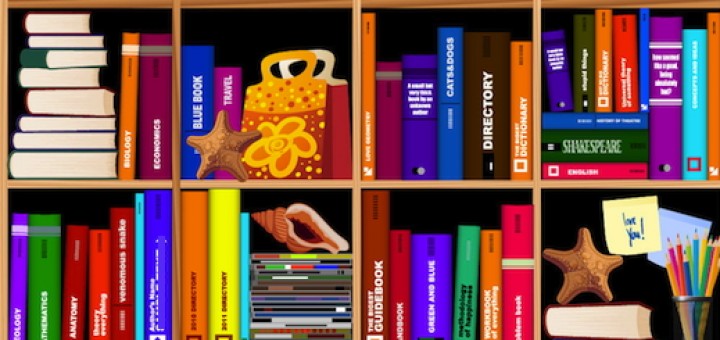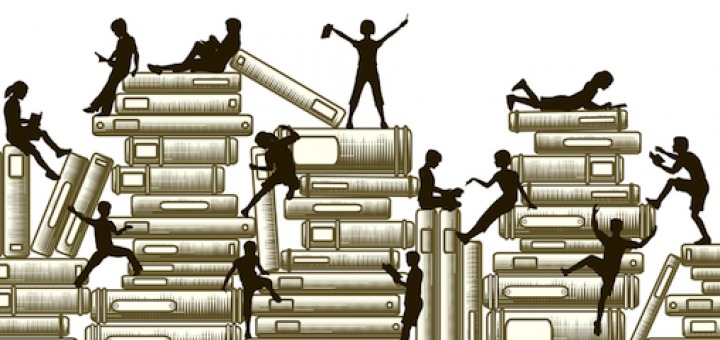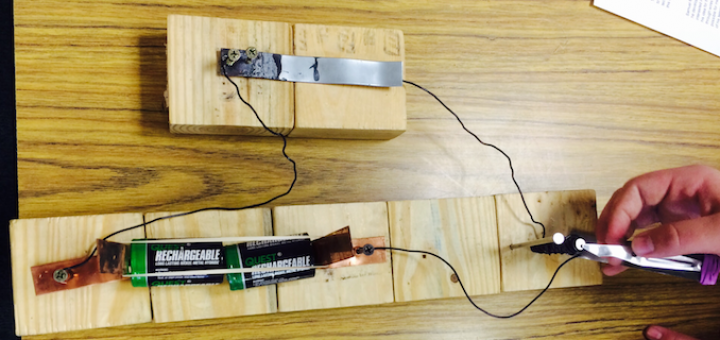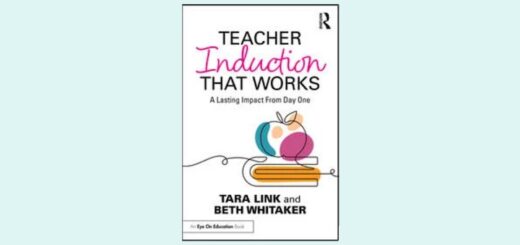Teaching and learning in grades 4-8
Summer is upon us and we hope you’ll soon be able to settle in with a stack of books you’ve been looking forward to reading. Some fiction perhaps. And then a couple of books to grow on. Here are a dozen we’ve selected from among our MiddleWeb reviews.
Our Two Teachers in the Room blogger shares her expertise for an upcoming online course. How can teachers create and maintain a successful co-teaching relationship? Elizabeth Stein answers questions from learning consultant Barbara Flanagan.
How to STEM the summer learning slide? MiddleWeb’s Anne Jolly offers a great collection of ideas and resources that can help parents and educators keep kids tuned into math, science and engineering topics until the school doors open again this fall.
It’s hard to put down Readers Front & Center: Helping All Students Engage with Complex Texts, says our reviewer. Dorothy Barnhouse shows teachers how to focus on the reader, not the text, by using conferencing, questioning & other student-centered strategies.
While introducing vocabulary takes only a few minutes, true comprehension requires time. What’s a teacher to do? Reviewer Beth Morrow suggests picking up a copy of Marilee Sprenger’s Vocab Rehab for a succinct guide to research based activities.
The Common Core standards expect students to read increasingly challenging texts across the curriculum. Barbara Blackburn, author of Rigor in Your Classroom, highlights key factors associated with text complexity that teachers need to consider.
The 3rd edition of The Morning Meeting Book (K-8) is a well-researched, easy-to-read and ready-to-apply guide to one of the Responsive Classroom’s core strategies, says teacher Linda Biondi, who recommends it for both new & ongoing Morning Meeting practitioners.
Having helped her students visualize scenes and characters during read alouds, Mary Tarashuk tries the same idea with writing. She and her students “write aloud” as they create text to match the opening illustrations from The Invention of Hugo Cabret. Then they envision their own stories.
Students in Jody Passanisi’s inquiry-driven Civil War technology unit see the value of grit firsthand as they attempt to build a simple telegraph. After some setbacks, the messages travel the wires, and the kids get a taste of self-efficacy. The teacher’s challenge: Letting them struggle.
Loaded with ideas for blending fun and joy into the serious business of learning, the new book Serious Fun: Practical Strategies to Motivate and Engage Students is easy to read and ready to use in the classroom, says reviewer Laura Von Staden.


